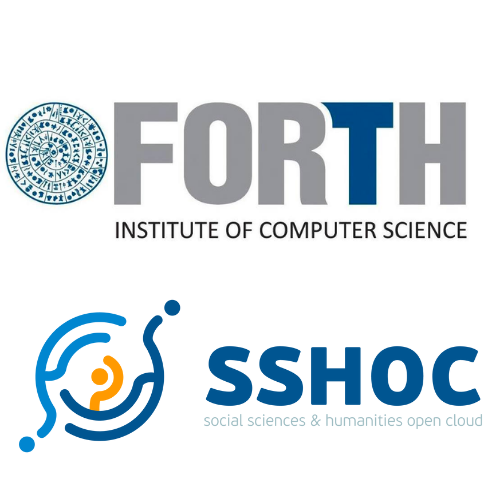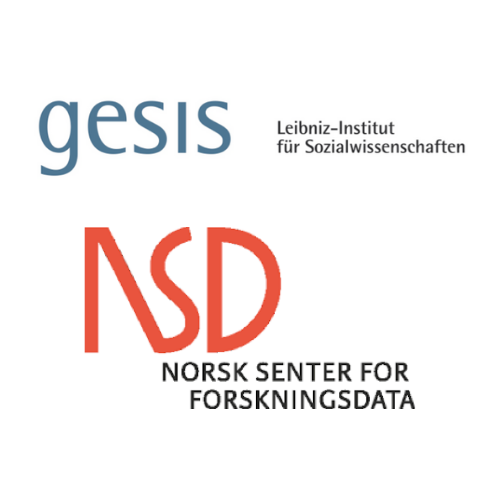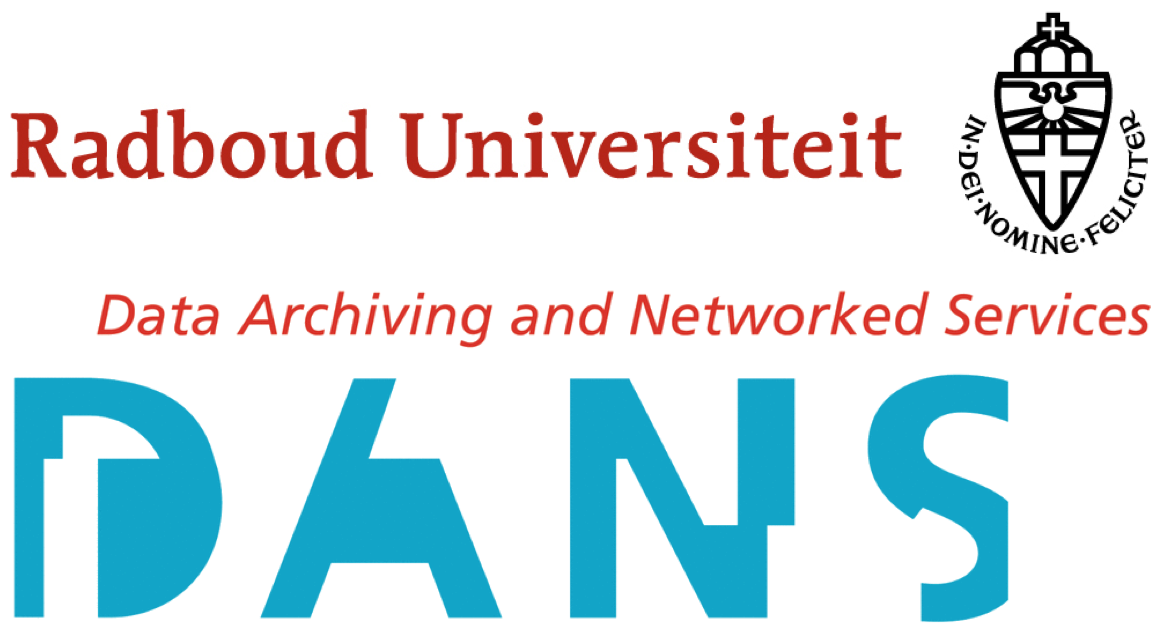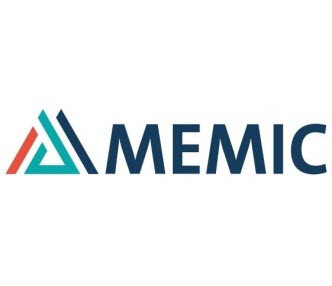Implementation & Adoption Stories
Implementation stories
FAIRsFAIR Implementation stories illustrate good practices in research communities and organisations to support the implementation of the FAIR principles. These practices encompass ‘FAIR-enabling’ actions as recommended in the EC Expert Group on FAIR report Turning FAIR into Reality and the FAIRsFAIR Recommendations on practice to support FAIR principles.
Adoption Stories
FAIRsFAIR Adoption Stories provides visibility to the impact of the FAIRsFAIR tools, services, recommendations and guidelines towards target stakeholders from the EOSC framework. We have asked projects and EOSC partners to share their experience and lessons learnt in this series of “FAIR Adoption Stories”.
Enjoy them!
Have you also adopted or tested one of FAIRsFAIR outputs? Tell us your story, contact us here

Implementing the ‘I’ in the FAIR principles means applying data and metadata standards that are appropriate to the specific research domain. There are many disciplinary standards available, but what if researchers are working in a relatively new or cross-disciplinary domain and wish to share existing data, or do not have a standard to properly describe the data they are working with? In the summer of 2020, this was the problem facing two Danish research groups assisted by the Danish e-Infrastructure Cooperation (DeIC).
Danish researchers in the Wind Energy domain together with the Danish node of the European research infrastructure AnaEE (Infrastructure for Analysis and Experimentation on Ecosystems) were assisted by metadata experts from GO-FAIR, and Stanford University’s Center for Expanded Data Annotation and Retrieval (CEDAR). DeIC set out to address the metadata challenge through organising and financing a series of ‘Metadata 4 machines’ (M4M) workshops.
After several trial-runs to refine the workshop format, by early 2021 the outcomes included FAIRification roadmaps for DTU Wind Energy and AnaEE and a template for making FAIR metadata, tailored to the researchers needs.
24 March 2022

The SSHOC Reference Ontology (SSHOCro) is developed in the context of the Social Sciences and Humanities Open Cloud (SSHOC) project. The SSHOC project aims to support the discipline-specific part of the European Open Science Cloud (EOSC) focused on the Social Sciences and Humanities (SSH). The SSHOCro was developed within Task 4.7 Modelling the SSHOC Life Cycle as part of SSHOC Work Package 4 focusing on innovations in data production. The goal of the SSHOCro is to establish a common framework for organising knowledge around all steps in the research data life cycle within the SSH domain. The model - described in Resource Description Framework (RDF) schema - is event-based and aims to capture all the relevant scientific activities of the data lifecycle including the tools, datasets and services used at each phase. SSHOCro is based on the CIDOC-CRM, an ontology for information integration in the field of cultural heritage. The work on SSHOCro was coordinated by FORTH, in particular by Athina Kritsotaki, Eleni Tsouloucha, Chrysoula Bekiari and Maria Theodoridou, hereafter referred to as “the authors” of the SSHOCro. Various SSHOC partners and stakeholders were consulted in SSHOCro’s development, including data archives and repositories, research infrastructures and data catalogues. The work on SSHOCro started in March 2019 and a final model will be presented at the end of the SSHOC project in March 2022. The ontology will however be further developed and refined after the project.
24 March 2022

Current debates not only call for a culture change in the way research outputs are shared, but also in the way research is assessed. Responsible research assessment (RRA) covers assessment approaches that incentivise, reflect and reward the plural characteristics of high-quality research, in support of diverse and inclusive research cultures. While funders are working on policies that reflect these debates (Curry et al., 2020), there are a range of initiatives that are exploring new aspects of recognising the quality and value of research.
In the UK, research activities in higher education institutions are assessed by a system called the Research Excellence Framework (REF). The hidden REF is a grassroots initiative that ran from February 2020 to September 2021 in the UK in an effort to highlight that a change is needed in how we reward the production of all kinds of research outputs and how we can give better recognition to all roles in research. The hidden REF was inspired by the Research Excellence Framework system in the UK and ran as a friendly competition organised by a committee of volunteers, chaired by the UK’s Software Sustainability Institute’s deputy director Simon Hettrick.
24 March 2022

This implementation story discusses approaches in the data archive world towards tackling the challenges of making data as FAIR as possible, when there are compelling reasons for the data to be restricted or unavailable.
This topic was included in FAIRsFAIR deliverable D3.4, Recommendations on practice to support FAIR data principles, under the theme “Ensuring trusted curation of data”. Within that set of recommendations, the FAIRsFAIR project committed to supporting change in good practice for researchers, repositories and ethics committees on selecting and preparing sensitive data to be FAIR. This implementation story aims to support that goal.
23 March 2022

This story describes a collaboration between a university and a national data repository. More specifically, it involves the Research Information Services (RIS) at Radboud University (RU) and the long-term data repository at DANS (hence: the Repository), both in The Netherlands. A substantial part of the digital research data produced at RU are deposited at the Repository, which publishes and preserves them. Originally, the Repository was developed and implemented to provide individual researchers in the Netherlands with a trustworthy digital repository. It was designed for self-archiving, putting the data producer – the researcher – in charge of depositing the files and entering the metadata. In recent years, DANS witnessed a gradual shift towards institutional deposits.The RU has a home-built Current Research Information System (CRIS) called METIS, which is also used as a portal for archiving datasets in the Repository. RIS staff take care that their researchers prepare the data well for deposit and curate each dataset. Using the SWORD protocol the data is forwarded to the Repository, where a Repository data manager inspects and publishes the data. The Repository preserves them in the long run.
16 February 2022

The Finnish Fairdata services initiative dates back to 2012-2014 when the Finnish Ministry of Education and Culture initiated and funded an open science initiative called "Data for Research". This initiative was followed by its successor, the "Open Science and Research Initiative" in 2014-2017, where the guidelines for further service development were defined. The Fairdata services, consists of five separate services, each with their own identified functions and use cases. The underlying idea of the Fairdata service portfolio is to maximize the implementation of the FAIR principles and, as service providers, to support the end users in doing so.
24 February 2022

This story is about helping researchers create reusable data when their research has ethical constraints. Researchers are guided through appropriate paths to securing informed consent from research participants. This involves two aspects. The first is to make sure consent does not unnecessarily prevent preservation, sharing and reuse. The second is to ensure that adequate protections are applied to the creation or subsequent access to data through anonymisation or pseudonymisation techniques. It may also involve access restrictions being applied to data. This work effectively began in 2015 with the establishment of a research data support service at the University of Glasgow, but there is no ‘finish’ date. Work is ongoing to continually refine, revise, and reform the support being offered.
23 February 2022

Data management plans (DMPs) can play a key role in helping researchers plan for FAIR data and support the creation of FAIR data. By implementing a DMP support tool that helps researchers write DMPs and then integrating this tool with institutional services that respond to the needs identified in the DMP, the DMP can become a more useful resource for producing FAIR digital objects and especially for ensuring these are properly stored and made accessible.
This implementation story provides an insight into creating a machine-actionable DMP tool, DAMAP, at the TU Wien, Austria and integrating the tool with other institutional services, beginning with data storage provision.
23 February 2022

This implementation story describes MEMIC, the center for data and information management at the Faculty of Health, Medicine and Life Sciences of Maastricht University in The Netherlands. The MEMIC team provides professional support for research data management (RDM) in the faculty as well as in the Maastricht academic hospital MUMC+. MEMIC employs data managers, data stewards (i.e. senior data managers), research software engineers, and data support staff, who work in four teams. The composition of a team, in terms of the balance of data stewards versus research software engineers, depends on the task. MEMIC’s Managing Director is convinced that the better the data, the better the aftercare and quality of the data in a repository, which in turn increases the potential for FAIR reuse. This requires close and ideally longer-term collaboration between support staff and research teams.
23 February 2022

As part of its R&D validation process, ARCHIVER needed to assess the FAIRness of the resulting ARCHIVER repository services. The F-UJI tool developed in the context of FAIRsFAIR responded to this need as it provides programmatic assessment of FAIRness of research data objects based on metrics developed by the FAIRsFAIR project, breaking it down in concrete tests that could be included in the ARCHIVER.
02 February 2022
